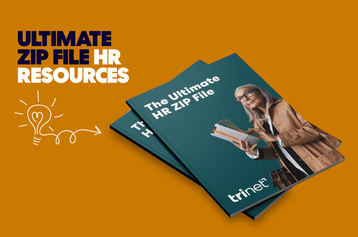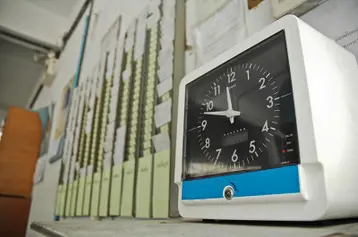Are Employers Required to Keep a Copy of the Background Authorization Form in the Employee's File?

Table of contents
- 1.Definition
- 2.Federal law
- 3.State laws
- 4.Background checks in the digital age
- 5.Conclusion
- 6.Helpful links:
Yes, though the specifics of the length and type of storage will depend on your state.
Definition
A Background Check Authorization Form is a form a potential employee fills out to authorize a background check. Authorizations generally require the candidate's name, social security number, address, and often a copy of a photo ID card.
Federal law
According to the US Equal Employment Opportunity Commission (EEOC), any personnel or employment records must be kept for at least 1 year after the records were made or personnel action was taken, whichever comes later. When keeping a background authorization form, it's best practice to keep it in a confidential file apart from the employee's personnel file. Additionally, you need to check state and local regulations on document retention and destruction policies, which vary greatly from state to state.
State laws
Many states, and even local jurisdictions, have passed laws or ordinances restricting when background checks can be run, how background checks may be used in hiring and employment decisions, and the specific steps you must take to act on the results of a background check. You must follow the federal, state, and local laws and regulations applicable to your company.
Be sure to check your state laws to see if there are any specific requirements your company must follow. Delaware, for example, requires background check documents to be kept in locked, fireproof cabinets for student teachers working in higher education, and at public and charter schools.
Background checks in the digital age
As companies move the management of Human Resources and applicant tracking online, many companies are opting for entirely digital background checks. The restrictions on the sharing and storing of such checks, as well as the authorization consent forms, are still applicable. You should ensure that access to online records is kept strictly private and secure, just as with physical records.
Conclusion
Background authorization forms should be kept in a strictly confidential file away separate from the employee's personnel file or in restricted-access digital files. Background check results should also be kept private and confidential, whether online or in physical form.
Helpful links:
Keeping Personnel Files and Medical Records Confidential - nolo.com

Lauren Perales
Table of contents
- 1.Definition
- 2.Federal law
- 3.State laws
- 4.Background checks in the digital age
- 5.Conclusion
- 6.Helpful links:






